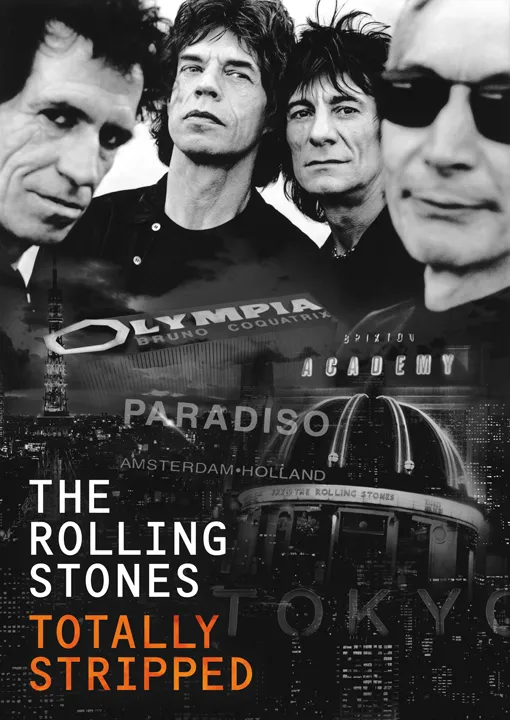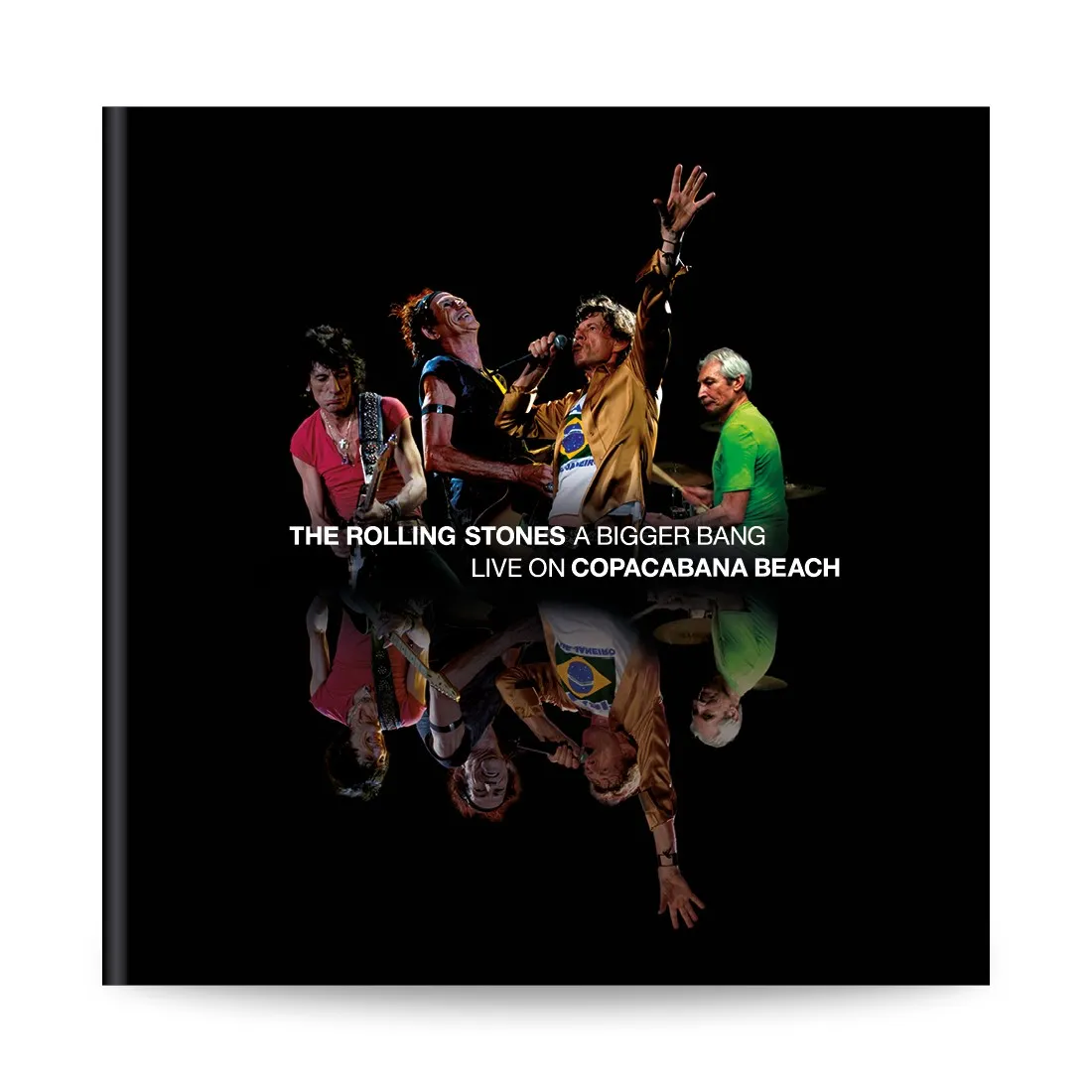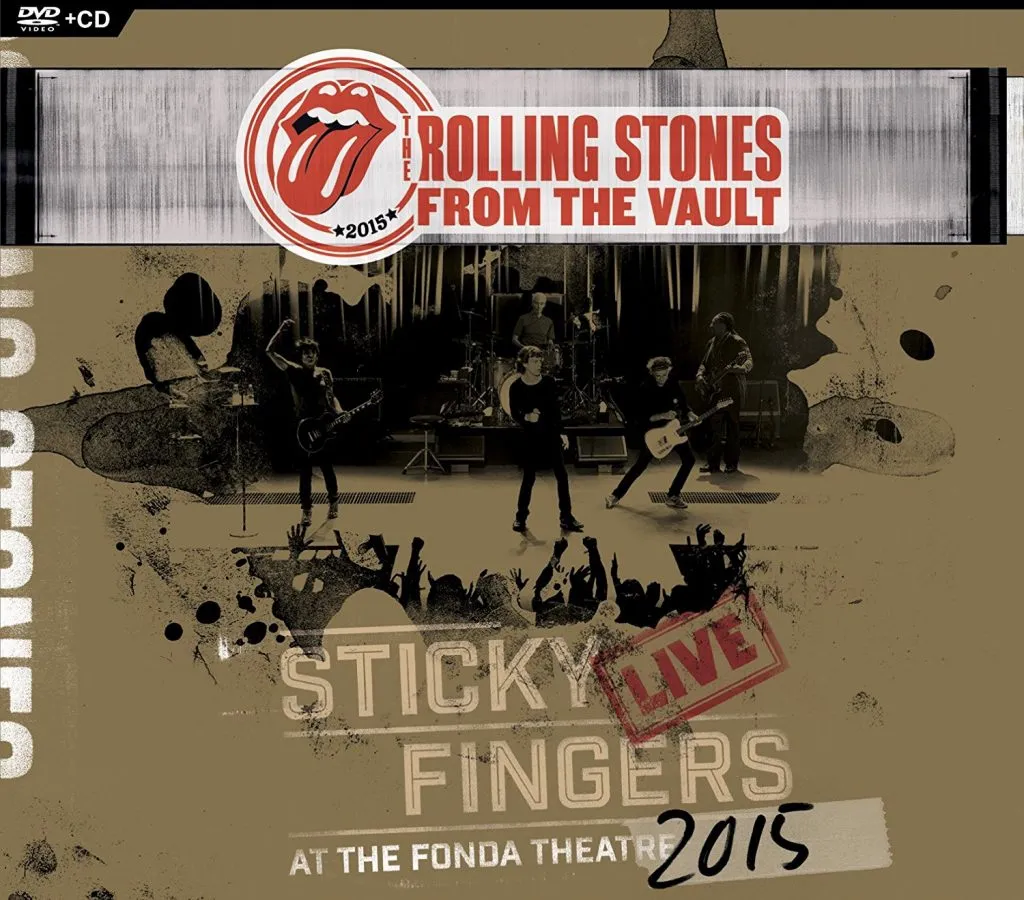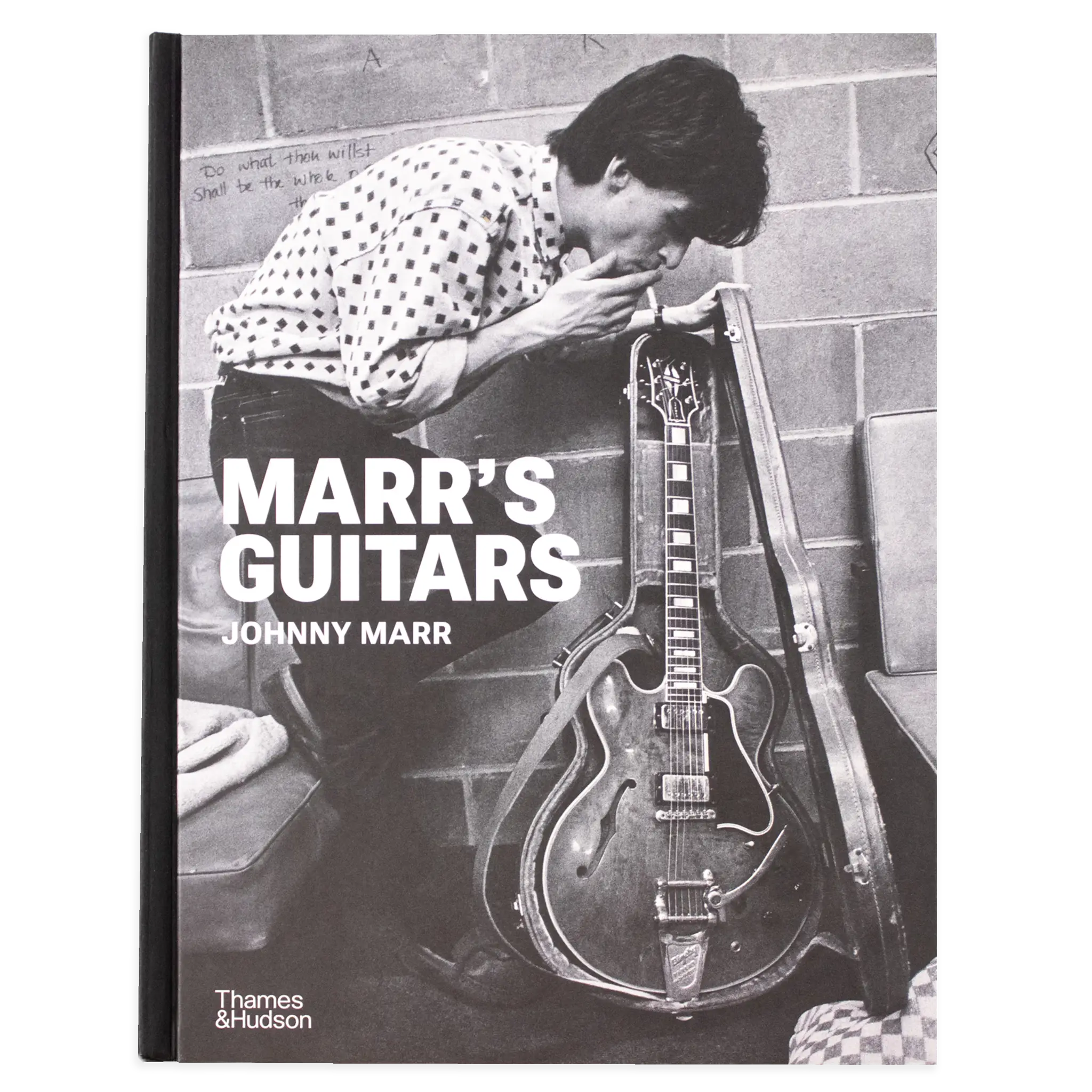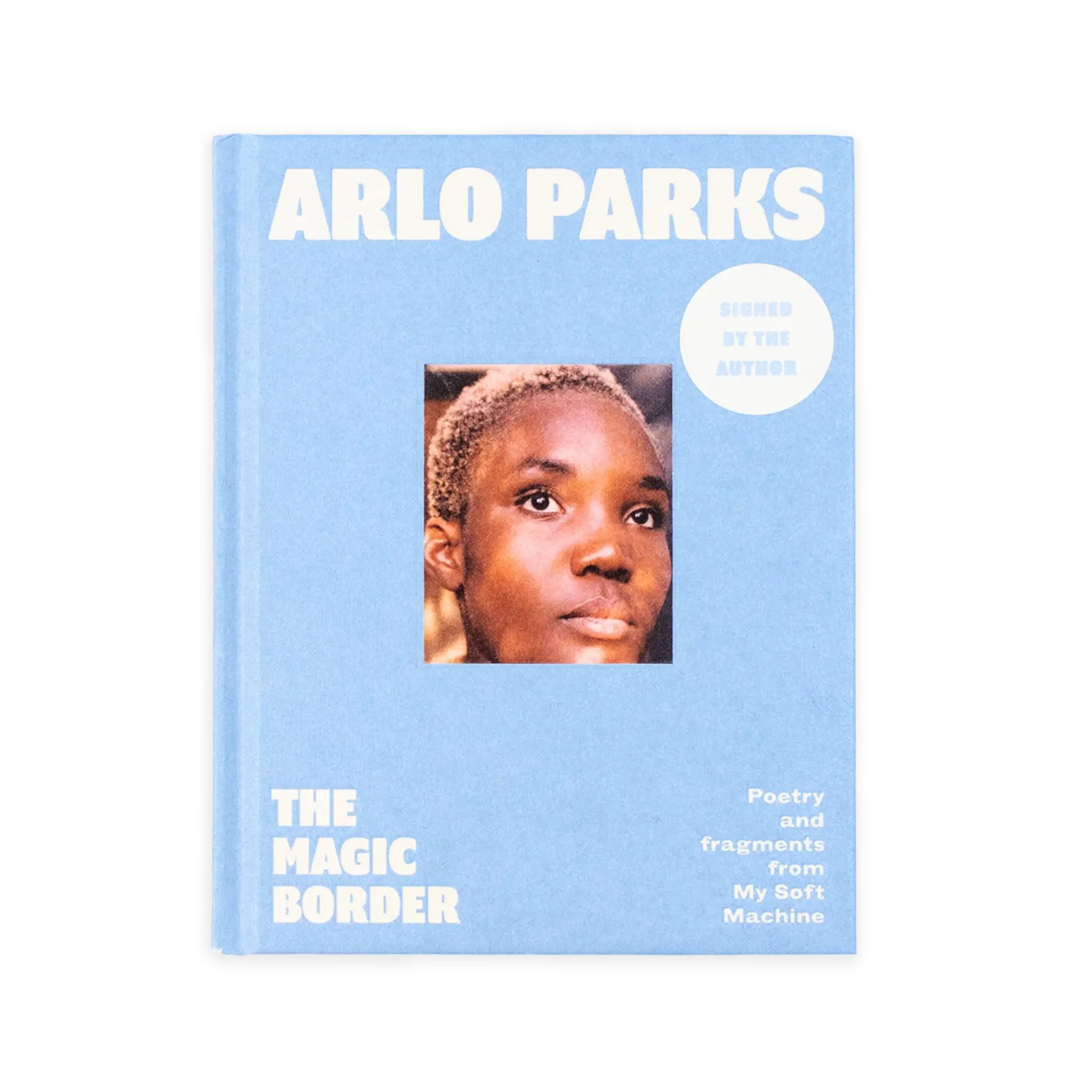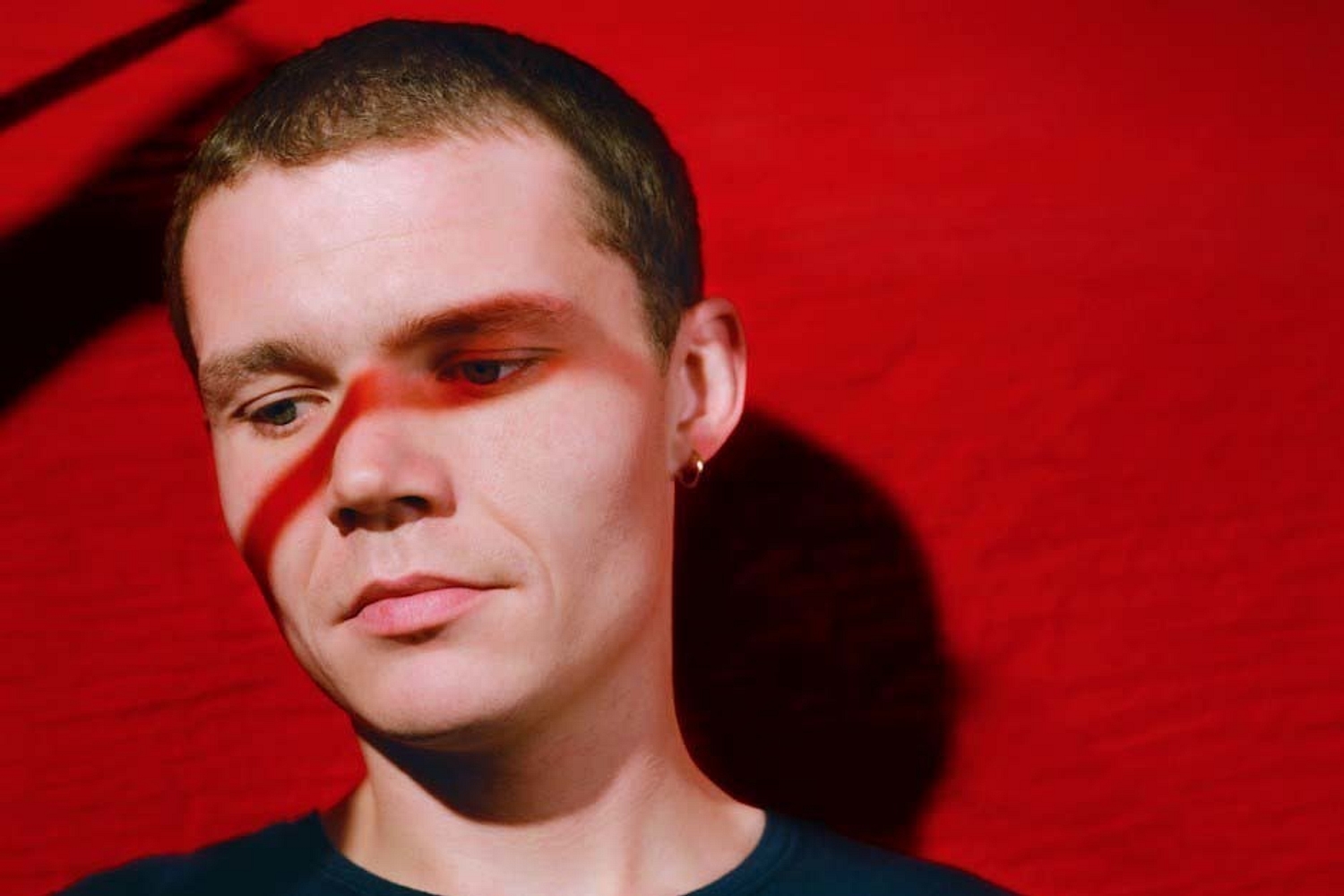
Interview Westerman: “I think music’s very important for people, especially when people are feeling alone”
Fresh from releasing his debut album ‘Your Hero Is Not Dead’, Westerman tells us how it feels to share your music during one of the weirdest times of our lives.
First emerging onto the scene back in 2016, West London’s Will Westerman has been refining his craft over the last few years, releasing his long-anticipated debut album ‘Your Hero Is Not Dead’ at the beginning of last month.
Recorded between Lisbon and London with collaborator Bullion (aka Nathan Jenkins), the record flows effortlessly with an electro-folk feel as Westerman explores his anxieties and fears of the world around him, using the questions within his songs to discover his personal response towards them.
Not written or recorded in line with these current Unprecedented Times, but fitting seamlessly in with our collective confusion over 2020 - and acting as a sonic light at the end of the tunnel to boot - we caught up with Westerman recently to find out how life’s been.
Hey Westerman! Where are you right now?
I’m in Shropshire. It’s nice! I’m surrounded by cows and sheep.
How’s it been releasing your debut album during this time?
It’s quite strange. It’s odd. You know, with releasing music, especially with so many things becoming digital right now, it can be harder to connect with the fact that something’s in the public domain. Ultimately I don’t know whether there’s ever a good or bad time to release music, but I’m very glad that the music has come out despite everything that’s happened this year, because I think the sentiment of the record and what I was trying to do doesn’t seem at odds with the current climate. I think if I made a different type of record I might have felt differently about putting it out, but I think what I was trying to do with it - I don’t know if this is appropriate because I don’t think there’s anything appropriate about a pandemic - but it feels like something that I’m glad people can listen to if they want to.
There does seem to be a thing where a lot of records not written about this time seem to fit easily into it regardless.
Yeah! The Run the Jewels album seems prophetic in terms of when it’s happened. I think music’s very important for people, especially when people are feeling alone, and I think this is probably one of the most isolating times that I can remember for a lot of people, so I think music coming out is ultimately a good thing. Whatever that means. It’s nice that music can be out there. I think, for me, because the record had been finished for a while and in a situation like this you don’t know when things will go back to “normal” anyway, so I think you have to reduce it down to the simple notion that music is there for people to listen to if they want to and that shouldn’t stop because the world’s been turned on its head.
Did you have any fun release day celebrations with the cows?
Not really! I had some video calls with people who have been involved in the record, but no, not quite the celebration that I might have envisaged. Socially distancing makes that sort of difficult, and I’ve stopped doing the drunken Zoom calls. It’s something that I’ve been preoccupied quite a bit with because, in a way, what’s happened is a direct consequence of globalisation in terms of the speed of the spread of the virus but at the same time, that globalisation has also allowed us to stay connected in some shape or form. But yeah, drunken zoom calls, that was quite regular in the first couple of weeks but now I’ve been trying to steer clear of those!
"It’s been quite freeing to break the music away from the rigidity of the one instrument which I know so well."
Wise words. So how’s the reaction been to the record so far?
It seems to have been quite good! I try not to pay too much attention because ultimately I don’t know how much good can come from reading about yourself all the time. It’s one person’s opinion which is nice, and if it’s not what you hoped for you end up sort of questioning what you’ve done or feeling annoyed or whatever. So I’ve tried to not think too much about that and just think about things that I can do here at this time in such a strange reality.
When did you first start working on the album?
I guess I was thinking about what I was going to do with it probably from quite soon after the last EP was made, which was about two years ago now. It wasn’t until last January or the tail end of 2018 that we started actually working on it, and it was finished last summer. It’s been quite a protractive thing. It was quite delayed, it was supposed to come out last year but certain circumstances regarding industry politics meant that it didn’t.
How has your journey been up to this point?
Things are quite different. Back then I was just playing on my own with an acoustic guitar and working more with Nathan [Jenkins, aka Bullion] and doing more recorded music has changed the way we work a lot. I’ve sort of started thinking more about space and trying to be more direct and precise with what I’m saying with the music and adding more instruments. I hadn’t played with other musicians until about two years ago.
Obviously the album has more electronic-leaning influences than your previous material. How did that sonic change come about?
That’s been an ongoing process of, not necessarily getting rid of the guitar because that’s my primary instrument but, not having all the music rooted in the guitar as the lead. That’s something I’ve been working with in my head for a while, just different ways of using different textures and using different techniques to try and create the affect which is more so what I’m looking for than just the guitar. I mean, there is still a fair amount of that in the record, but it’s been quite freeing to break the music away from the rigidity of the one instrument which I know so well.
What else were you hoping to explore on this record?
I wouldn’t say it’s a radical shift in terms of the lyrical themes. I think my music tends to be full of questions, so the lyrics sort of are building out internal monologues that I have and creating different narratives around a central idea that I want to explore. In terms of musical inspirations, I’ve never really taken music and put them up as reference points and then made music trying to incorporate elements of the things that I really like. It’s more the other way round where I just try to write as free from self-consciousness as I can and then I try and frame the music in a way that seems to fit the sentiment of what I’m saying. I think the process of doing that means that influences come out, but I prefer it that way. It seems a bit calculated to look at things and think I’m gonna take that and that and that. Or maybe it’s just the way my mind works and I’m too disorganised for that.
"I think the soul of the record was definitely made in [Portugal] and I think that does come across."
You recorded it in Portugal and London. Did the two different places affect how you were recording?
There’s something in the whole record, the bones of the record were done last January in this house that we rented in the south of Portugal and [we] had musicians come out to record throughout the month. That’s still the basis of the record and there’s still something in that, there is a sort of warmth I think that came from that set up. When we were working in London it was more to do with balancing and it was almost post-production stuff. I think the soul of the record was definitely made in that space and I think that does come across. The musicians who played on the record have commented that they can hear that house in the record which is nice.
How come you decided to record out there?
It was just an exciting idea to be able to create an actual environment as opposed to thinking about a studio. Getting an entire space and having people set up there and coming and going and having a creative bubble, there’s something quite nurturing about that, just having a sacred space where everyone is there for that purpose. I think for me as well it’s helpful to be away from distractions and I think in cities it’s too easy when you hit roadblocks to go and do something else because there’s so many things you can do; whereas if you’re in the middle of nowhere and you’ve gone there to do something it’s easier to focus and get over those hurdles.
Do you think it would be a completely different record if you’d just done it all in London?
I’m sure it would. That was a new way of doing it but I don’t know when the last time I recorded a full record in London was because it was quite a while ago and Bullion moved to Lisbon three years ago.
You mentioned asking questions in the record, could you tell us a bit more about that?
It’s questions around topics which bother me or preoccupy my thoughts, and just trying to find different angles of exploring problems I suppose and not all of which are problems, actually none of which I have definitive answers for. But I think there’s something in the process of engaging with those topics which kind of has a means of expelling things from my head for a minute any. And also making a document of one person’s perception of what’s going on outside and then trying to resolve that basically. I think it’s kind of conflicts and resolutions.
Did you find any of the answers when writing?
No, I don’t think so. But I think that’s part of the sentiment of the record really, just to present these things which I’m sure I’m not the only person in the world to be preoccupied with but ultimately, create a response to the anxiety of these contemporary anxieties and respond to that with a sentiment of looking for the light and things to feel hopeful about.
Are there any tracks that stand out as ones that show off exactly what you were aiming to do?
I was really happy with 'Waiting On Design'. I think in terms of correctly trying to frame the story, I think that works in a way that I was pretty happy with.
What’re your plans now? What else have you got in store for 2020?
I don’t really know! I’m sort of taking it from a day at a time to a week at a time but I’m not really thinking too far ahead. We’re living in such times of uncertainty that it’s difficult to know. But I’m writing music again - I don’t know if it’s going to turn into a full record, I sort of don’t want to write another record at this point. But music ultimately is a therapeutic tool for me and I think this time it’s been something that’s helpful to me but I'm not too sure. I’d like to go travel for a bit when that’s allowed… If that’s allowed. There’s a London tour date that’s been pushed back but at the moment it’s hard to know really. I wish I knew but I’m not really thinking about it too much.
What would be the first post-lockdown thing that you do?
I want to go to the cinema. I’d just like to go. I don’t know why. But I’ve had this recurring thought that it would be really nice to go and watch a film on my own...
'Your Hero Is Not Dead' is out now via Play It Again Sam.
Read More
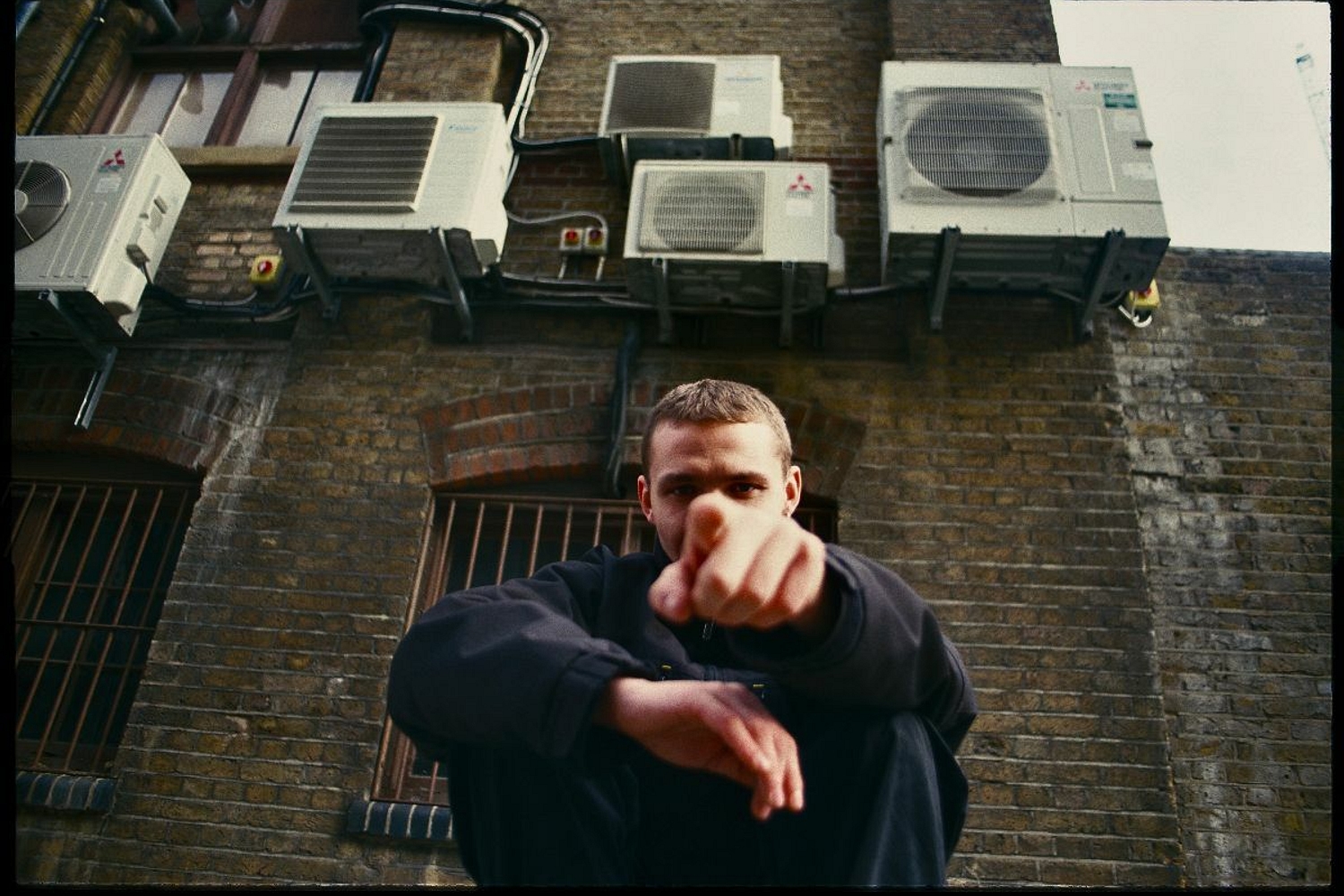
Westerman - An Inbuilt Fault
4 Stars
An acquired taste, but well worth the effort.
3rd May 2023, 7:55am
Westerman shares new single ‘A Lens Turning’
His new album ‘An Inbuilt Fault’ arrives on 5th May.
2nd May 2023, 12:00am

Westerman shares new song ‘Take’
His new album ‘An Inbuilt Fault’ is out later this year.
23rd March 2023, 12:00am
Westerman announces new album ‘An Inbuilt Fault’
He’s also sharing his latest single ‘CSI: Petralona’.
1st February 2023, 12:00am
With Bob Vylan, St Vincent, girl in red, Lizzy McAlpine and more.
